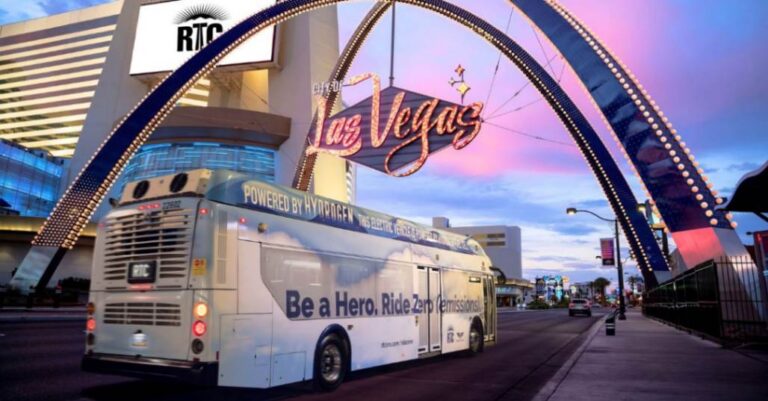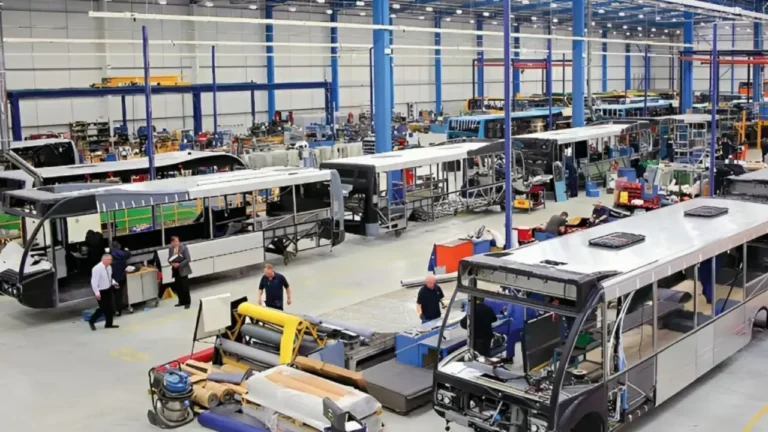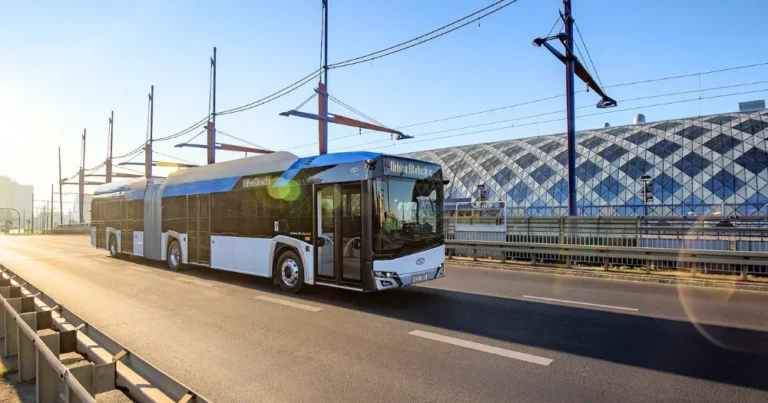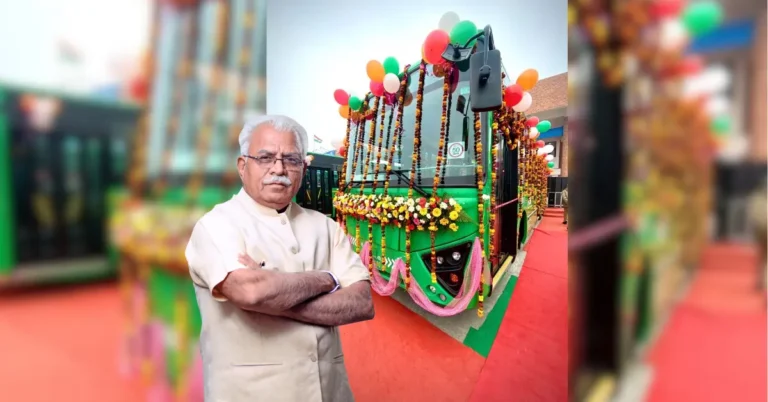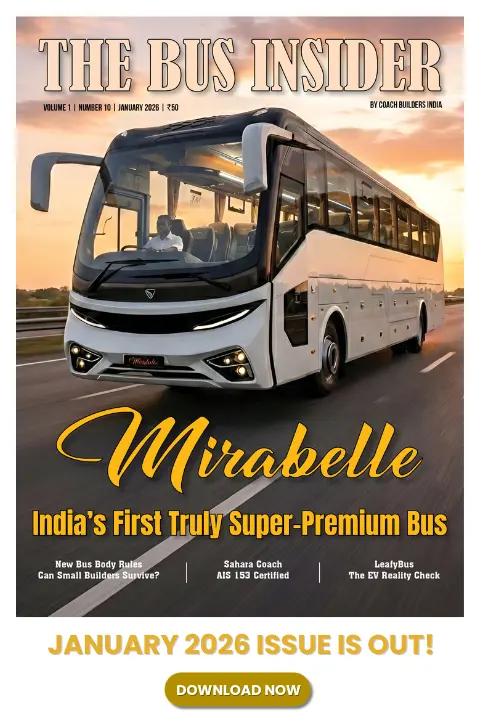MSRTC Set to Add 134 Electric Buses in Pune
The Maharashtra State Road Transport Corporation (MSRTC) plans to expand its fleet with 134 electric buses in Pune, enhancing the city’s green public transport initiatives.
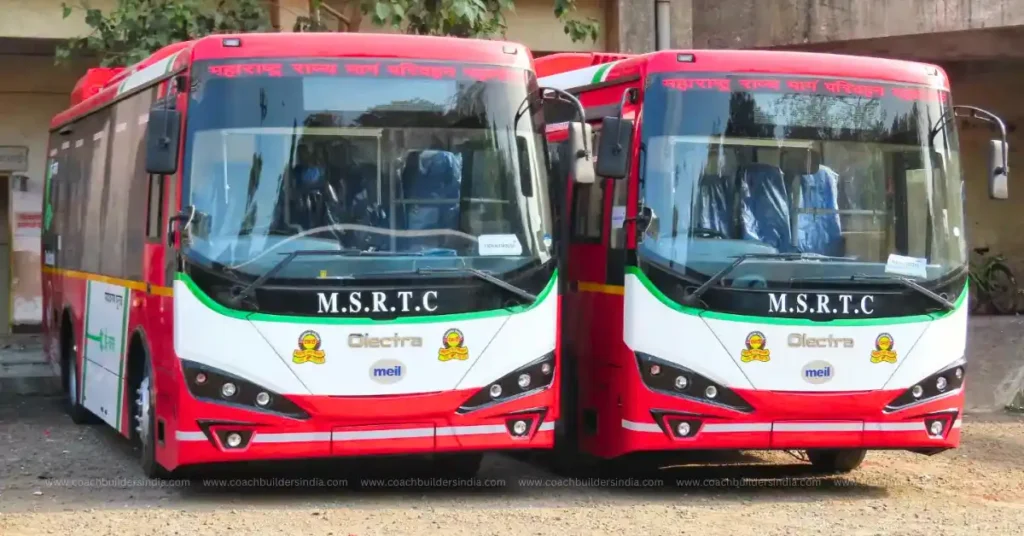
The Maharashtra State Road Transport Corporation (MSRTC) has announced plans to expand its fleet with 134 electric buses in Pune, marking a significant step towards eco-friendly public transportation.
The introduction of these electric buses in Pune is part of a broader strategy to promote sustainable transport and reduce reliance on fossil fuels across the state.
The 70 electric buses in Pune (43 Shivneri and 27 Shivai buses) have grown inadequate for surging demand. In response, the Maharashtra State Transport (ST) administration is planning to double the number of electric buses in its fleet to address both sustainability goals and growing demand.
Also Read: Kurla Bus Accident: Brake Failure or System Meltdown?
Currently, electric buses are operational on routes connecting Pune to Solapur, Kolhapur, Nashik, and Chhatrapati Sambhajinagar.
The new fleet of 134 electric buses in Pune will bolster these services and facilitate the introduction of electric buses on additional routes, expanding the reach of sustainable travel options across the region.
Also Read: 8000 Electric Buses in Mumbai by 2027, Best Reveals Ambitious Plans
MSRTC’s Commitment to Sustainable Transport
The addition of 134 electric buses in Pune is part of MSRTC’s broader initiative to expand its electric fleet. Over the next two months, the corporation will integrate these buses into densely populated and high-traffic areas to maximize their impact.
This effort aligns with state government goals to promote sustainable transport and reduce dependency on fossil fuels. Planned route extensions will target under-served areas, ensuring equitable access to green mobility options.
The success of these electric buses in Pune is expected to inspire similar initiatives across Maharashtra. MSRTC’s leadership in adopting advanced electric vehicle technology positions the state as a frontrunner in sustainable public transportation.
Catch the latest Bus Industry updates, Exclusive Interviews, Bus News, and International Bus News on Coach Builders India. Download the latest issue of the The Bus Insider magazine for more insights.

